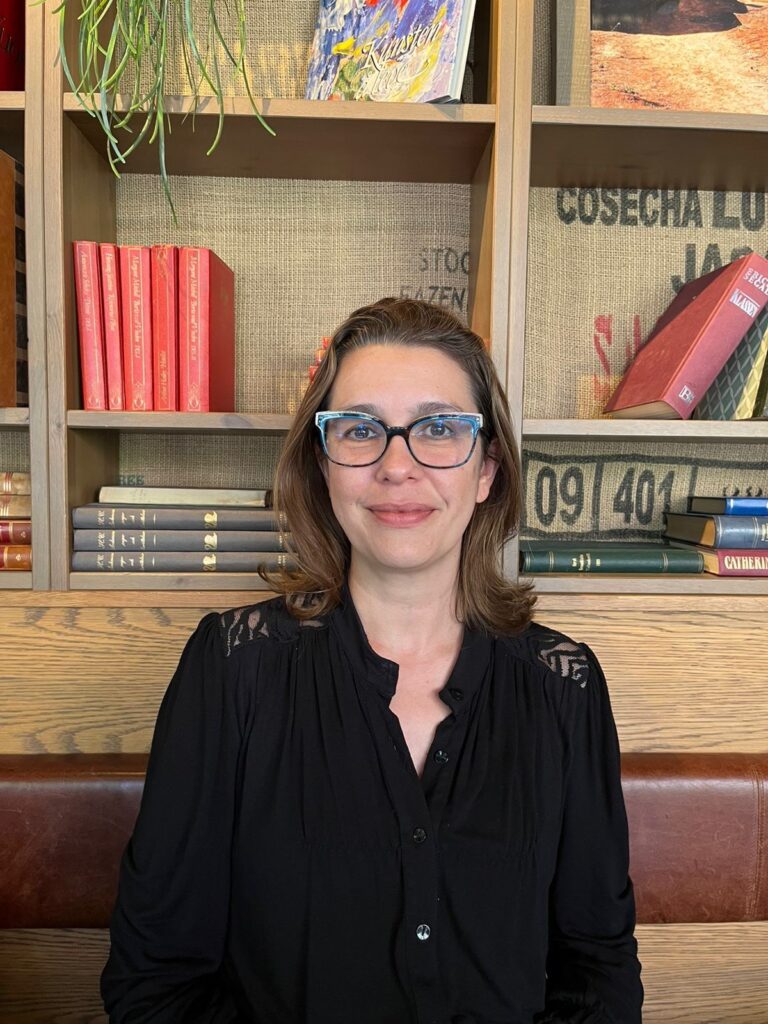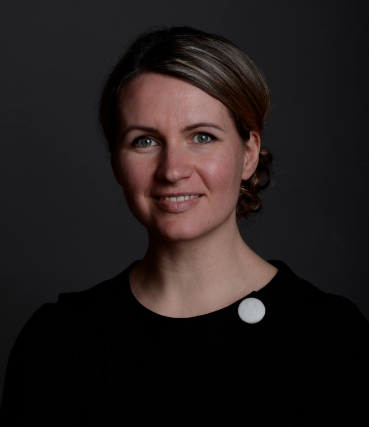by Lina Pranaityte, Heidelberg University, Heidelberg School of Education, Germany and Lucia Mesquita; Ricardo Castellini da Silva, Dublin City University Institute of Future Media, Democracy and Society – Fujo, Ireland.
The TeaMLit: Teacher Education in Digital and Media Literacy: Providing Guidance, Resources and Support for Teacher Trainers in Europe project, funded by the European Media and Information Fund (EMIF), launched its first – in a series of 3 – reports based on the conducted research, which spans in the period of 18 months between January 2023 and June 2024. The report discusses main findings from five regions and countries – Ireland, Portugal, Belgium-Flanders, the German-speaking Community in Belgium and the Baden-Württemberg Land in Germany – as well as an international review. The main aim of the report is to thoroughly map, frame and analyse current practices, barriers and opportunities in initial and in-service teacher training and continuing professional development in media and information literacy (MIL).
To compile the report, we primarily employed the framework of Media and Information Literacy (MIL) as conceptualised in the context of the TeaMLit project. Stemming from academic discussions and insights from our partners and specialists, we define MIL as the interlinked competencies and knowledge required to access, find, analyse, evaluate and produce media. MIL education aims at developing people’s critical skills for becoming well-informed, empowered and responsible citizens in democratic, equity- and justice-based societies. The subjects or topics related to MIL might involve but are not limited to critical thinking, dis-/mis-information, (social) media, multimodality, new literacies, online safety, data literacy, conspiracy theories, cyber issues, digital and technology skills, etc.
An international review of academic papers and scientific reports found that both pre-service and in-service teacher education in MIL is scarce on a global scale. However, resources and supporting materials for in-service teachers are gaining relevance and presence across countries. MIL frameworks vary from country to country and institution to institution. This might partly depend on the approach to consider MIL as an interdisciplinary, cross-sectional competence to be acquired in the curricula of all subjects and throughout all phases of teacher training. Approaching MIL as a cross-sectoral endeavour has its advantages and disadvantages. Important here, as we found, is the facilitation of networks and cooperation between different stakeholders in MIL education, which can be achieved through projects, collaborative events and programmes, exchange and sharing of tried-out practices.
Lack of financial resources dedicated solely to initial and continuing teacher education in MIL, the lack of exchange between in-service teachers and pre-service teacher education institutions, not considering the heterogeneity of stakeholders in MIL education and the lack of information about existing resources and guidance on how to integrate MIL into existing curricula – are just several of the hindrances and gaps that our research has indicated.
Good practice examples that have helped foster MIL education in our researched countries involved a combination of governmental, institutional, and local approaches. For example, in all of our researched countries and regions, there are existing MIL guidelines on policy levels. Yet, they are not entirely clear about what (future) teachers are expected to know in MIL and how they can be comprehensively professionalised in this area. The practice of ‘translating’ governmental guidelines and frameworks into the practical implementation in educational contexts through institutions and personnel specifically working on this aim was helpful.
Furthermore, most programmes offered to pre-service teachers are tech-oriented and lack critical approaches, which is significant considering the dynamic and constantly changing media field. Online databases with ready-made materials that respond to governmental guidelines in MIL and learning goals across different subjects and levels, acquisition of MIL skills in informal contexts (such as media-coach practice, peer-to-peer mentoring and knowledge sharing) as well as social media as space of exchange of successful practices were helpful in our researched countries and regions.
It is important to mention that the processes during the COVID-19 pandemic worldwide have triggered a speedy acquisition of MIL know-how, peer-to-peer exchange and the ‘digital jump’. It remains to be seen how much of these advances in MIL will continue across subjects, educational levels and countries. The issue will likely remain ‘on the table’, mainly because of the international increase in discussion, since the end of 2022 in particular, about the role of generative AI in teaching and learning contexts.
Last but not least, more research in teacher education is needed if we wish to add to the higher and more sustainable quality of teacher education in MIL. Ongoing research results and relevant stakeholders’ presence on decision-making levels would continuously keep the topic of MIL in teacher education on the agenda, thus enhancing much-needed opportunities for advancing it for the better.
Finally, beyond the mapping of the current practices in MIL in Europe, the TeaMLit project also aims to establish a sustainable network to provide guidance, resources and support for European teacher educators and trainers in MIL and in that way to directly advance students’ abilities to tackle disinformation. To achieve this project goal, it is very important to understand the current state of MIL training in Europe. The project furthermore supports the idea that teachers have a very important role in empowering young citizens to facilitate MIL in their classrooms. To fulfil this role, teachers need the necessary knowledge, skills and competences to address MIL topics with their students.
For more information on the project and consortium partners, please visit its webpage: https://media-and-learning.eu/project/teamlit/
To read the full report, D2.1 Report on findings of Initial Investigations
Authors

Lucia Mesquita, Dublin City University Institute of Future Media, Democracy and Society – Fujo, Ireland

Lina Pranaityte, Heidelberg University, Heidelberg School of Education, Germany

Ricardo Castellini da Silva, Dublin City University Institute of Future Media, Democracy and Society – Fujo, Ireland














